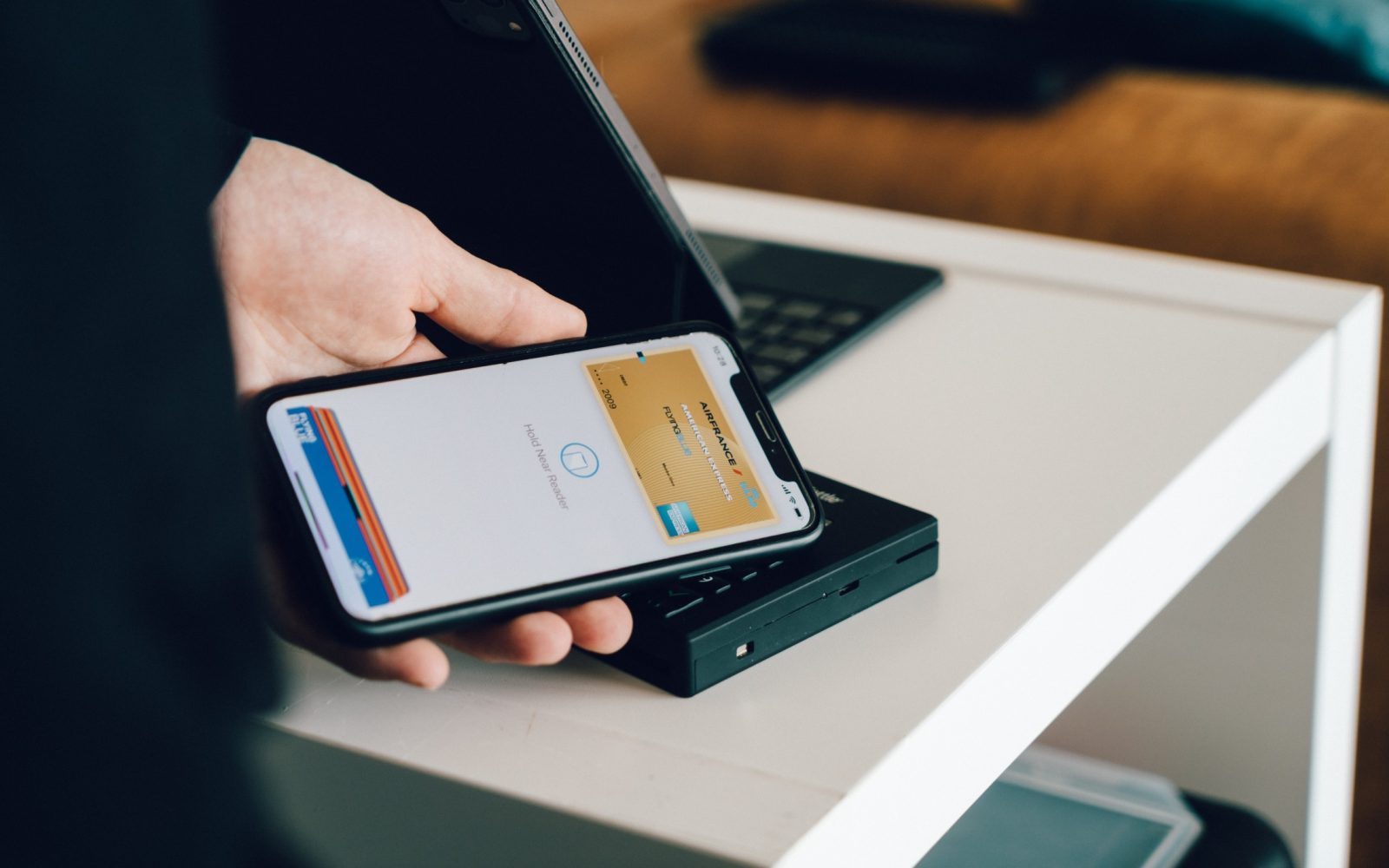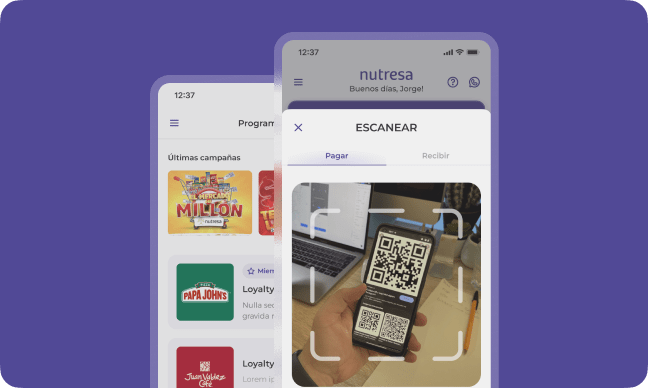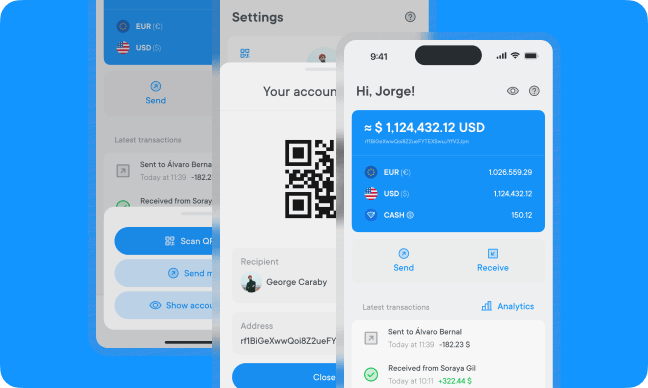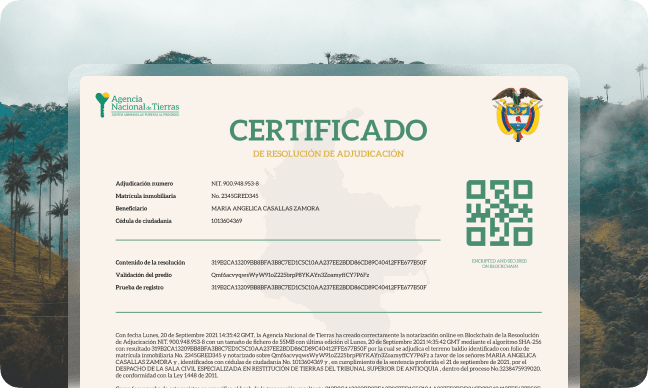Digital Wallets

The gateway to Web3 economy
Digital wallets are an integral part of blockchain technology. They are the primary tool users interact with when accessing and managing blockchain networks. Due to their foundational role, it’s important that digital wallets are designed to be intuitive and user-friendly to make blockchain accessible for everyone.
In addition to serving as an interaction point, digital wallets also have a critical security function: they safeguard private keys, which control access to a user’s digital assets and their activity within the blockchain. Thus, digital wallets are indispensable in navigating the ever-evolving landscape of blockchain ecosystems.







What are digital Wallets
Digital wallets, often the first point of interaction for users in the blockchain universe, are applications that allow users to store, send, and receive digital assets. Unlike traditional wallets, they do not physically store these assets. Instead, they securely manage the private keys necessary to authorize transactions on blockchain networks. These private keys grant users access to their digital assets which reside on the blockchain, making them more akin to personal keyrings than conventional wallets.
There are various types of digital wallets, each providing different levels of control over private keys and security:
Custodial Wallets
These are services where the private keys to your assets are held by a third party. These wallets offer high convenience, as they manage security on behalf of the user, but the user doesn’t have full control over their digital assets.
Non-Custodial Software Wallets
Non-custodial software wallets are programs installed on a device. They give users full control over their private keys, and hence their assets. While offering a good balance between security and convenience, they require the user to take charge of safeguarding their private keys.
Hardware Wallets
These are physical devices that securely store users’ private keys offline. By keeping private keys disconnected from the internet, they provide a high level of security, making them ideal for storing substantial amounts of digital assets.
Multisig Wallets
Multisig (short for multi-signature) wallets add an extra layer of security by requiring multiple approvals (or digital signatures) before a transaction can be executed. This approach is particularly useful for organizations or for users who want to enforce strict access controls on their digital assets.

Interacting with Web3 dApps
Digital wallets, often the first point of interaction for users in the blockchain universe, are applications that allow users to store, send, and receive digital assets. Unlike traditional wallets, they do not physically store these assets. Instead, they securely manage the private keys necessary to authorize transactions on blockchain networks. These private keys grant users access to their digital assets which reside on the blockchain, making them more akin to personal keyrings than conventional wallets.
There are various types of digital wallets, each providing different levels of control over private keys and security:
Peersyst & Digital Wallets
At Peersyst, we understand that the future of Web3 depends on secure, user-friendly digital wallets. Our team brings extensive experience from developing successful wallets across various blockchain platforms such as XRPL, NEAR Protocol, Nervos Network, and NEM. We have engineered signer apps, facilitating seamless integration with decentralized applications, and constructed onramp integration systems, fostering ease of access for users.
Our design philosophy prioritizes a ‘mobile-first’ approach, acknowledging the predominant use of mobile devices in today’s digital landscape. While developing digital wallets, we put security and ease of use at the forefront of our design strategy. We employ state-of-the-art security measures to protect user’s private keys while ensuring a seamless, intuitive user interface.
At Peersyst, we aim to bridge the gap between users and the decentralized world, providing the key to unlock the full potential of Web3. Let us assist you in this transformative journey towards the decentralized future.
Digital wallets use cases
Pay and Store Money App
Digital wallets revolutionize how we store and use money. They facilitate secure, instant payments and offer a convenient way to manage finances, combining the functions of traditional banking with the flexibility of blockchain technology.
Trading App
Trading apps for digital assets necessitate an integrated digital wallet for secure asset storage. These wallets enable users to manage their digital assets efficiently, providing a seamless and secure trading experience across various digital asset platforms.
Customer Engagement Platform
Digital wallets significantly enhance customer engagement by enabling innovative reward systems, including crypto rewards and blockchain-based loyalty programs. They streamline payment processes, offering a more efficient and engaging customer experience.
FAQs
Quick answers to questions you may have.
Custodial vs. Non-Custodial Wallets: Which is better for me?
Choosing between custodial and non-custodial wallets hinges on your preference for control versus convenience. Custodial wallets are managed by a third party, offering ease of use but requiring trust in the provider. Non-custodial wallets give you full control over your assets but demand active management and security awareness.
Do I still need a bank if I use a digital wallet?
Unless you’re transacting exclusively in cryptocurrencies, a bank is still necessary for on/off-ramp transactions — converting fiat to digital currencies and vice versa. Even with a digital wallet, a bank account is essential for handling most regular financial activities like receiving a salary or paying bills.
Are multisig and hardware wallets more suitable for institutional use?
Multisig and hardware wallets are often preferred for institutional use due to their enhanced security features. Multisig wallets require multiple approvals for transactions, adding a layer of security, while hardware wallets store private keys offline, safeguarding them from online threats.
Is it necessary to back up my digital wallet?
Backing up your digital wallet is essential, particularly if you’re using a non-custodial wallet. While custodial wallets are generally backed up by the service provider, non-custodial wallets require you to keep a backup of your private keys to avoid losing access to your assets.



